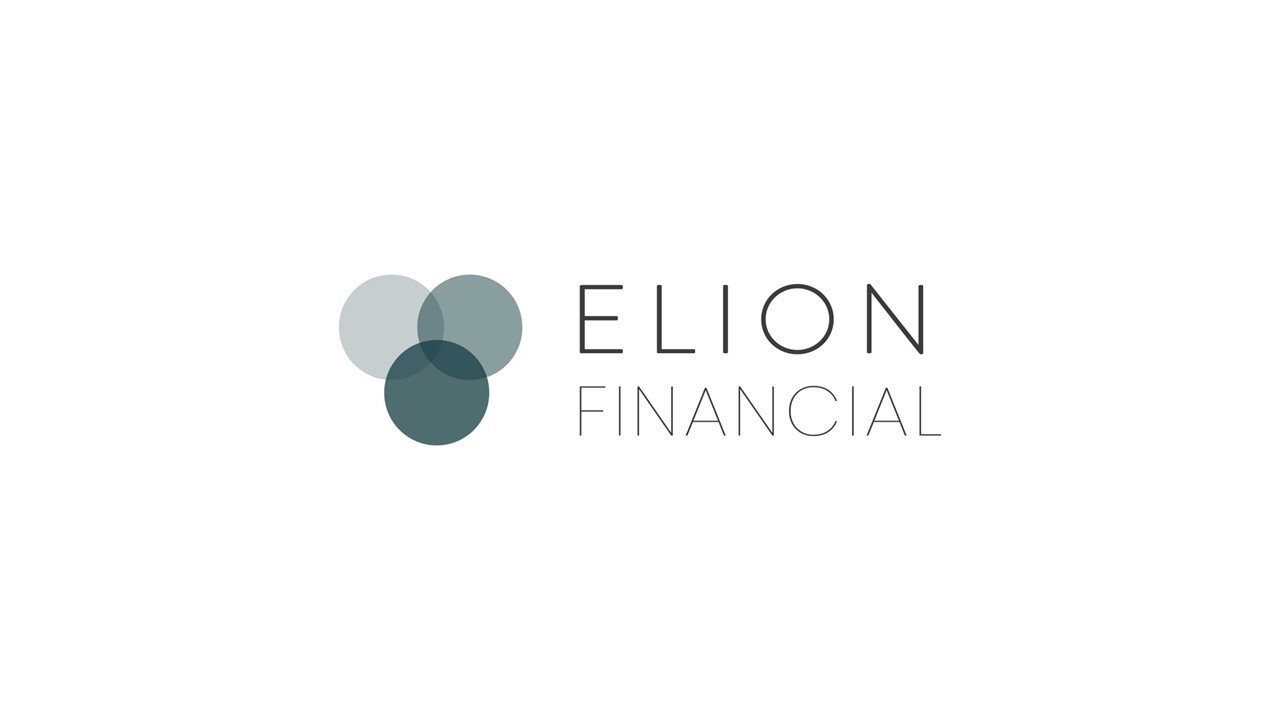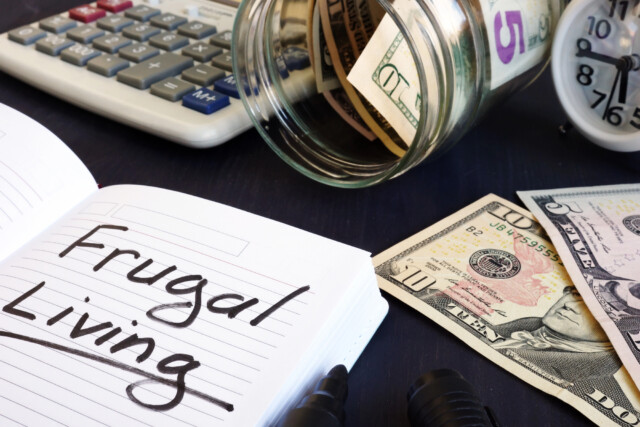Wealthtender is a trusted, independent financial directory and educational resource governed by our strict Editorial Policy, Integrity Standards, and Terms of Use. While we receive compensation from featured professionals (a natural conflict of interest), we always operate with integrity and transparency to earn your trust. Wealthtender is not a client of these providers. ➡️ Find a Local Advisor | 🎯 Find a Specialist Advisor

Are you looking forward to owning your own house?
No neighbors connected to your walls, your own private backyard, a place you can paint whatever color you want (without management approval?!)
Buying a home can be one of life’s most exciting events, but saving tens of thousands of dollars for a down payment can feel overwhelming.
We get it. And we’ve put together a simple, no-frills guide on how to save for a house quickly.
How Much Money Do You Need to Buy a House?
Before we dive into the details and strategies to help you save for buying a house, you need to know how much money you need to save for a down payment.
Since there are many ways to finance a home, we’ll cover the two main options for your house down payment.
Down Payment on a Conventional Loan
For most conventional home loans, saving up a 20% down payment on the home is wise. This is because most lenders require you to pay Private Mortgage Insurance (PMI) without a 20% down payment. This can be as much as 2% of your loan balance for the year, which is a significant monthly cost.
To save up to 20% for your home, you need to take the total home cost and divide it by 5.
Example:
- Home cost → $300,000
- 20% down payment → $300,000 ÷ 5 = $60,000
As you can see, a 20% down payment can seem like a lot. Especially if this is your first home purchase. This is why many first-time homebuyers instead opt for down payment assistance loans from the Federal Housing Administration (FHA).
Federal Housing Administration (FHA) Loans
FHA loans are federally-backed mortgages designed to help those with lower incomes and an average credit score qualify for mortgages. Depending on your credit score and other qualifying factors, you can put as little as 3.5% down on your home purchase.
Note: There is a Mortgage Insurance Program (MIP) for this type of loan, but it does allow you to save much less to purchase a home. Always run the numbers to see what works best for your financial situation.
To save up 3.5% for your home, you need to take the total home cost and multiply it by 0.035.
Example of a 3.5% down payment on a home:
- Home cost → $300,000
- 3.5% down payment → $300,000 x 0.035 = $10,500
As you can see, a 3.5% down payment is just a fraction of a 20% down payment and may be more attainable.
There are other loan options, including USDA and VA Loans, that have specific qualifications but may allow you to put as little as 0% down. As always, do your research to see if you may qualify.
9 Simple Ways To Save For A Home Fast
Once you figure out exactly how much you need to save for a home down payment, follow these simple strategies to boost your savings rate and buy your home faster!
1. Get on a Budget (Yes, Really)
The best way to save money is to plan for it. And there is no better way to start saving money than to get on a budget that maximizes your savings.
The best way to start is by going through your current spending. Review your bank and credit card statements in the past few months to see where your money has gone.
Then create a budget based on your spending and see how much you can save each month. If you want to save more, you can start looking at areas of excess spending (we’re looking at you, Amazon!) and see if you can cut them back a bit.
Remember, cutting expenses is not forever and you can still have some fun on a budget. But remember to focus on your big goal of buying a house and temporarily cut back on extras until you get there.
2. Live on the New Mortgage Payment
It’s always a good idea to start living as if you are already paying your new mortgage off before you actually buy the home. This lets you know how life will feel (financially) when you do buy the house. But the magic is that you can then save the extra dollars into your down payment fund.
Example: Let’s say you are currently paying $1,500 per month in rent. You want to put 3.5% down on a $300,000 home. Your total new mortgage payment would be about $1,900 per month.
Set up your budget to live with a $1,900 payment instead of $1,500, and save the extra $400 into your down payment savings account. This will help you save toward your home and help you get used to the new payment at the same time!
3. Bank Your Next Raise
When saving for a house, any and every extra dollar moves you closer to the goal. If you want to get there quicker, consider banking your next raise.
You could go ask for a raise right now or wait until your annual review. In any case, if you get a raise, put all the extra funds into your down payment savings account.
Example: Let’s say you make $70,000 per year. You get a 4% raise this year ($2,800).
After taxes, your take-home pay goes up by about $175 per month. Save that $175 per month toward your down payment.
4. Make It a “Staycation” Year
Vacations are tons of fun but can be awfully expensive. Why not skip the trip this year and enjoy a staycation instead?
There are tons of free and budget-friendly things to do in your own hometown (just Google it), and you can enjoy exploring your local city while saving thousands of dollars toward your new home.
Americans spend almost $2,000 on summer vacation per year, even more for families. If you plan a fun staycation for two years, that’s $4,000 more toward your house down payment.
Yes, travel is fun, but pausing for a few years to own a home is absolutely worth it.
5. Cut Out All Extra Spending (For a Short Time)
If you are really motivated to save up for a house fast, cut out all the extra expenses.
This is the fastest way to boost your savings. Just be careful – it could leave you feeling burnt out if you are too aggressive with your budget.
The easiest way to do this is to only pay for your necessities and nothing else. This includes food, housing, utilities, and transportation. Everything else gets cut out. Many people refer to this as a no-spend challenge.
This is a surefire way to save hundreds (or thousands) per month and start stacking cash fast. But don’t do this for too long, as you might throw your budget out the window and give up completely.
Consider this a challenge to get into your house faster and give yourself a little “fun money” each week so you don’t feel too deprived.
6. Get a Side Hustle to Save Even More
If living on a bare-bones budget isn’t too appealing, then consider getting a side hustle to help boost your income and your savings.
Here are a few ideas you can check out to get started with bringing in some extra money:
Delivery Driver. Everyone is getting groceries and take-out delivered these days, why not be the one dropping it off? You can earn money through places like Postmates, Uber Eats or Instacart on your own time and simply get paid to drop off people’s stuff.
Hang with Pets. If you’re a pet person, considering using a service like Rover to watch other people’s animals and get paid for it. Play fetch with Fido and collect a few dollars to save toward your home.
Get Crafty. Like making crafts? Consider setting up shop online and sharing your gifts with the world. Websites like Shopify and Etsy make it easy to set up shop and start selling your art.
No matter what you choose to do on the side, the extra income will get you into your dream house much quicker!
7. Pay off Your Debt
Although this may seem counterintuitive (shouldn’t you be putting the money towards the house?), in truth, paying off your debt helps you buy your home and save more money in the long run. Lenders consider your Debt-to-Income ratio (DTI) when qualifying you for a loan, and the lower your debt, the better your terms can be.
Paying off a few high-interest credit cards or loans can go a long way toward getting you into a home and saving you money on the mortgage as well.
8. Sell Your Stuff
Did you know most of us are sitting on hundreds (or even thousands) of dollars, and we don’t even realize it?
Yes, most Americans have unused items they can sell right now, quickly netting them hundreds of dollars (and decluttering their life simultaneously!)
Garage sales are out, and Facebook Marketplace is in. It’s quick and easy to snap a few pics of your items, put in descriptions and prices, and list them online.
Need some help finding what to sell? Simply open your garage and identify things you haven’t touched in a year. If you won’t need it anytime soon and it’s worth $5 or more, list it online and collect some cash for your new home!
9. Automate Your Savings
One of the best ways to save for a house is to automate things. When every paycheck comes in, have a set amount transfer to your savings account.
Example: You get paid every other Friday. The following Monday, schedule an automatic transfer of $100 to your house down payment account.
Set this up as a recurring transfer every two weeks, and you can start stacking your down payment quickly.
Start Saving Today
No matter how you choose to save for a home, don’t wait. Rents aren’t going down, and you aren’t getting any younger!
If you follow these tips, you can quickly get yourself into a house and start enjoying your newfound freedom!

Jacob Wade
About the author:
Find Your Next Financial Advisor on Wealthtender
📍 Click on a pin in the map view below for a preview of financial advisors who can help you reach your money goals with a personalized plan. Or choose the grid view to search our directory of financial advisors with additional filtering options.
📍Double-click or pinch pins to view more.
Saving For A House FAQ
Here are the answers to a few common questions about saving for a house.
Can I Buy a House With No Money Down?
Yes. There are a few loan options to buy a house with no money down. If you are a military veteran, consider using a VA Loan for a 0% down payment. If you want to find a rural property and have a lower income (115% of the median area income or lower), you may be able to qualify for a USDA 0% down loan.
Both of these options are government-backed programs and can be a great option to get into a home with no money down.
What Is a Good Age to Buy My First House?
There is a no “right” age to buy a home. It all depends on how ready you are.
Before you buy a home, consider the following:
- Can you afford the monthly payment? And the maintenance?
- Is your job secure?
- Do you have a good credit score (to qualify for a good loan)
- Are you planning to stay put for at least 5 years (to recoup loan costs)
- Do you have any other large expenses looming?
If you are unsure about any of those questions, it is not a good time to buy, no matter what your age.
Is Now a Good Time to Buy a House?
It depends.
I know, not the answer you want, but it all depends on your financial situation and the local area where you are looking to buy. Real estate is hyper-local and finding a good agent to help you learn about your local market is a good starting point.
Can you afford the payments, taxes, insurance and cost of maintaining a home? No matter what the market does, before you buy you need to be in the position to buy a house WITHOUT destroying your financial future.
On a national level, interest rates are remaining low, but house prices continue to rise. If you are worried about missing out, it may be a good time to start looking.
But the ONLY right time to buy a house is when you are financially ready.
Wealthtender is a trusted, independent financial directory and educational resource governed by our strict Editorial Policy, Integrity Standards, and Terms of Use. While we receive compensation from featured professionals (a natural conflict of interest), we always operate with integrity and transparency to earn your trust. Wealthtender is not a client of these providers. ➡️ Find a Local Advisor | 🎯 Find a Specialist Advisor































